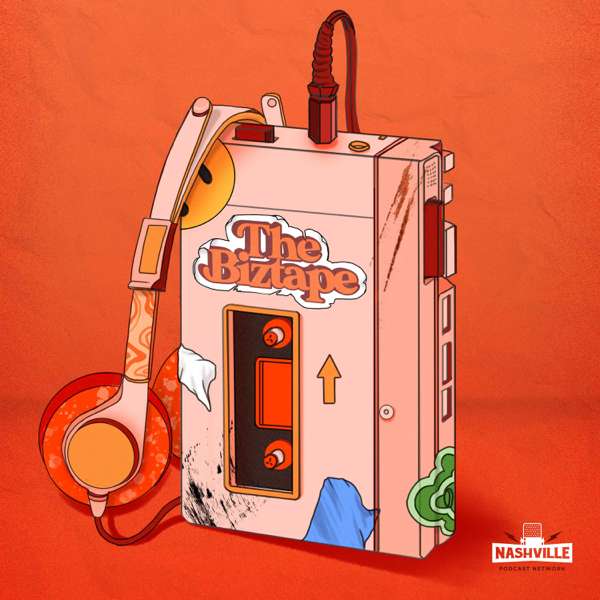By 1989, 25-year-old Neneh Cherry had already lived multiple vibrant lives. The child of bohemians (her mother, artist Moki Cherry, and her step-father, jazz musician Don Cherry). The 14-year-old high school dropout-turned-downtown-club-kid. The 16-year-old touring the UK with The Slits. The lead singer of post-punk band Rip Rig + Panic. Wife and mother. Divorced single mother, lover, and collaborator. All of these eclectic experiences and identities shape the 10 tracks of Cherry’s debut solo album Raw Like Sushi. Like Cherry, the album is impossible to pin down as one thing; it’s feisty and assertive, using a melting pot of influences from rap to funk to dance pop to convey a young woman’s truths without waiting for permission to do so.
Though the album is nearly 30 years old, it’s one we have found ourselves listening to often in recent months, marveling at its prescience and continued relevancy. Not only do we hear 2018 ring in its girl power-inspiring anthems, assertions of female sexuality, or rebuking of Men Behaving Badly. We hear its decade-defining production reflected in current artists attempting to recreate specific dated sounds of the past — and use this album as a reminder that we need to understand where we have been to know where we are going.
In this episode, we unpack the layers of this album’s lasting sonic influence, discuss and debate the ways its topics remain relevant in today’s cultural and political climate, and salute Neneh Cherry’s prolific unfuckwithable baddiness.

 Our TOPPODCAST Picks
Our TOPPODCAST Picks  Stay Connected
Stay Connected







